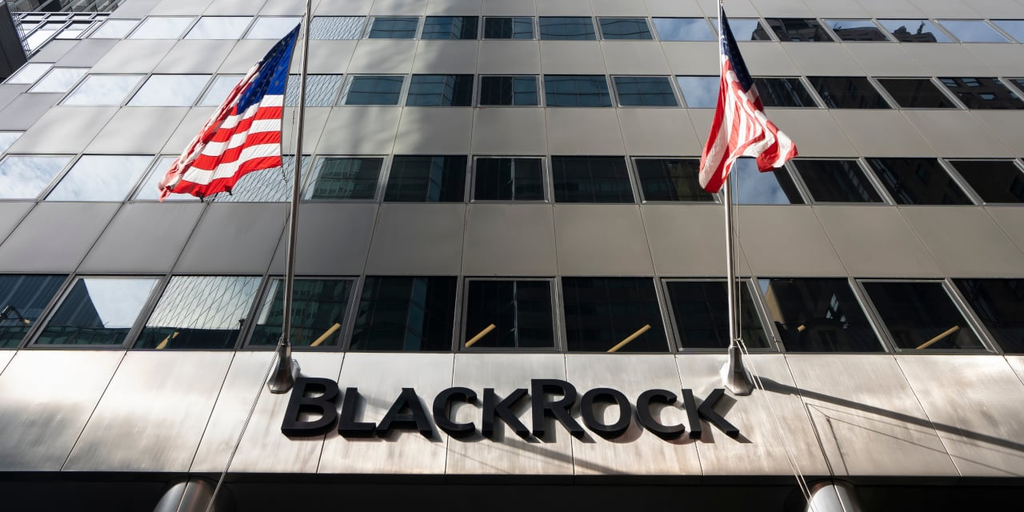Another day, another refusal by the Securities and Exchange Commission (SEC) to allow a Bitcoin spot ETF to launch in the United States.
The latest rejected proposal came from Cathie Wood’s ARK Invest and global crypto ETF provider 21Shares, which for a second time joined forces in an attempt to launch the ARK 21Shares Bitcoin ETF. It was initially filed last year on May 13, a month after Ark’s first attempt to list the product on BZX was turned down.
An ETF—short for “exchange-traded fund”—is an investment vehicle offering indirect exposure to an underlying asset. This can be useful for investing in items that are difficult to own and store by oneself, such as gold, or for many, cryptocurrency.
The SEC’s rationale for the decision is the same as last time: Ark has failed to demonstrate that the rules of its exchange are adequate to protect the investing public from “fraudulent and manipulative acts and practices.”
“An exchange that lists bitcoin-based ETPs can meet its obligations under Exchange Act Section 6(b)(5) by demonstrating that the exchange has a comprehensive surveillance-sharing agreement with a regulated market of significant size related to the underlying or reference bitcoin assets,” explained the SEC in its rejection.
ETFs would also give institutions a green light to effectively buy Bitcoin when they are otherwise barred from doing so by internal charter. This has made crypto bulls thirsty for such a product to hit the U.S. market—but so far, no dice.
By contrast, the SEC willingly permitted multiple futures Bitcoin ETFs to launch beginning in October 2021. The ProShares Bitcoin Strategy ETF, which hit the market first, had one of the most active opening days in NYSE history.
Unlike spot ETFs, futures ETFs are backed by Bitcoin futures contracts—promises to purchase Bitcoin for a set price at a later date. Unlike the Bitcoin spot market, the Bitcoin futures market is a regulated market in which an ETF can have a surveillance sharing agreement, such as the CME Bitcoin futures market.
In its own filing for a similar product, Grayscale argued that it could enter a surveillance-sharing agreement with the same market when launching a Bitcoin spot ETF. The SEC did not recognize CME Bitcoin Futures as adequately “related to spot Bitcoin.”
Stay on top of crypto news, get daily updates in your inbox.
Source link













